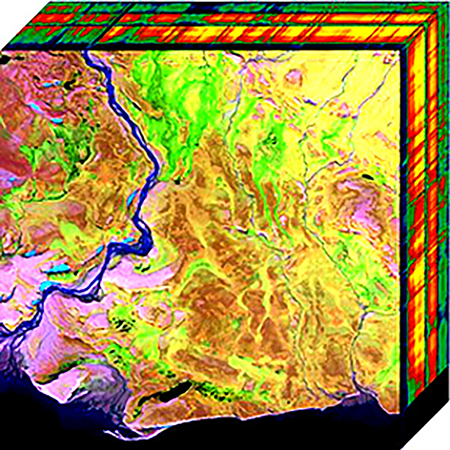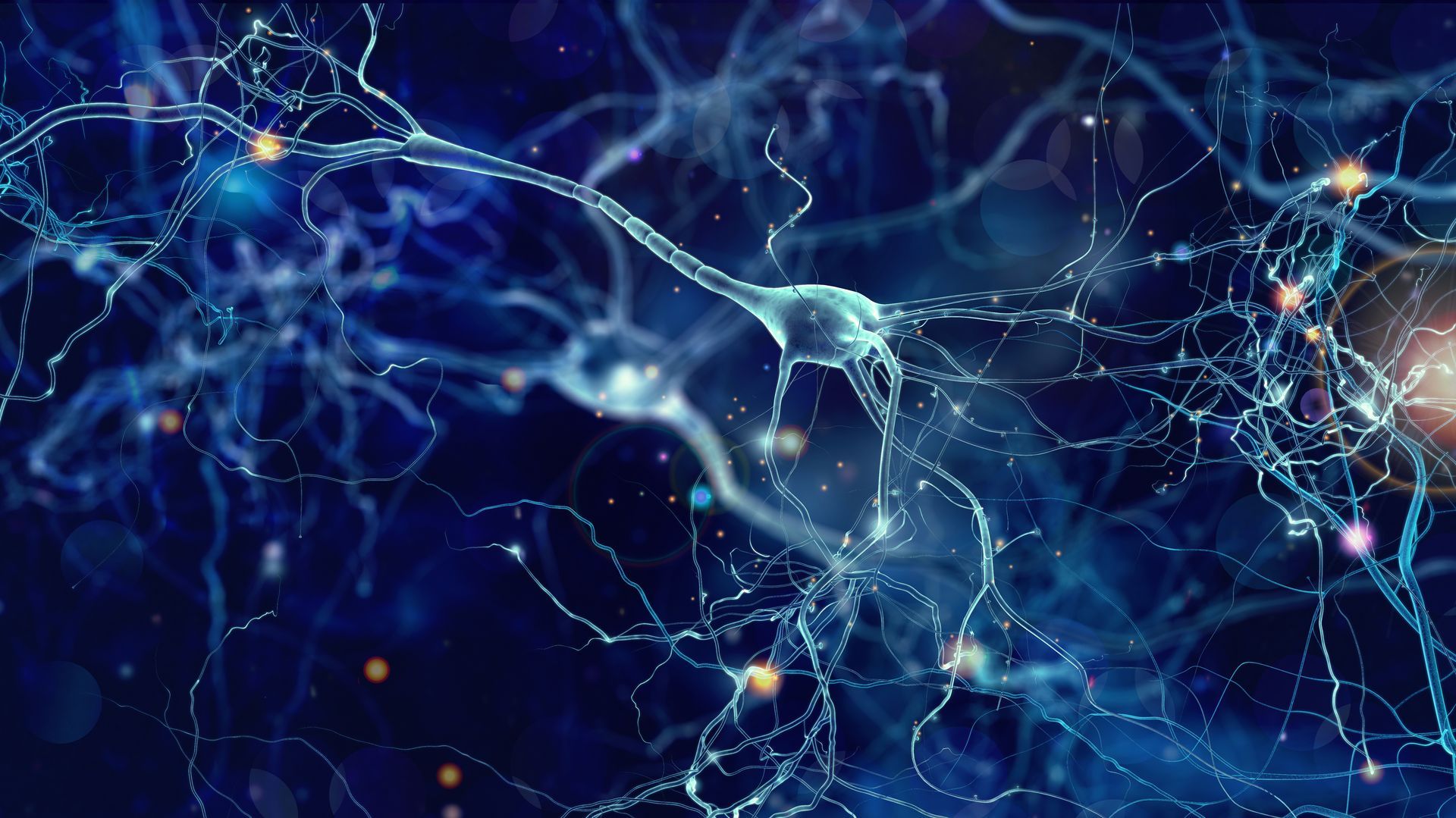Essential Machine Learning Algorithms for Engineers in 2023
Master these core ML algorithms to unlock transformative capabilities

From computer vision to predictive analytics, grasping these foundational machine learning algorithms will empower engineers across disciplines to create more intelligent systems.
Machine learning has become an essential tool for engineers across disciplines as artificial intelligence continues its rapid advancement. Engineers now utilize machine learning algorithms to solve complex problems and build intelligent systems, from enabling computer vision in autonomous vehicles to powering natural language processing in chatbots. In this article, we overview the most important machine learning algorithms that engineers should familiarize themselves with in 2023. Whether you are developing predictive maintenance systems or analytics dashboards, grasping these foundational algorithms will empower you to effectively leverage machine learning in your work.
- Convolutional Neural Networks (CNNs) are ideal for image and video analysis thanks to their powerful feature extraction capabilities. They are a cornerstone for computer vision tasks like object detection and image classification.
- Recurrent Neural Networks (RNNs) excel at sequential data analysis, making them well-suited for natural language processing (NLP) tasks like text generation, speech recognition, and sentiment analysis.
- Long Short-Term Memory Networks (LSTMs) are an extension of RNNs designed to capture long-range dependencies. They are perfect for time series analysis, language translation, and speech synthesis.
- Transformer models like BERT and GPT have revolutionized NLP through their ability to understand context in textual data. They are widely used for language understanding, summarization, and question-answering.
- Random forests are a classic ensemble method that are robust for tabular data and feature importance. They excel at regression and classification tasks.
- Gradient boosting machines (GBMs) like XGBoost and LightGBM offer high predictive accuracy on structured data problems.
- Support vector machines (SVMs) are well-suited for binary classification tasks and effective in high-dimensional spaces. They are often used in image classification and text categorization.
- AutoML models streamline model selection through automated machine learning. Tools like Google AutoML and H2O Driverless AI are making ML more accessible.
- Graph neural networks (GNNs) like graph convolutional networks (GCNs) are tailored for graph data and gaining traction in social network analysis, recommendations, and biology.
- Generative adversarial networks (GANs) generate synthetic data and are valuable for creative tasks like image generation and style transfer, as well as anomaly detection and data augmentation.
Machine learning is propelling innovation and breakthroughs across engineering fields. While new specialized algorithms are constantly emerging, mastering the fundamental algorithms outlined in this article will provide engineers with a robust machine learning foundation. Equipped with this knowledge, engineers can implement machine learning to enhance products, optimize processes, and extract valuable insights. As machine learning literacy becomes essential for engineers, learning these core algorithms will future-proof your skills and allow you to create more intelligent, efficient and impactful systems. With consistent learning and experimentation, engineers can continuously expand their machine learning expertise over time. Investing now in learning these foundational algorithms will kickstart one’s journey to effectively apply machine learning and pioneer the future of intelligent engineering.










